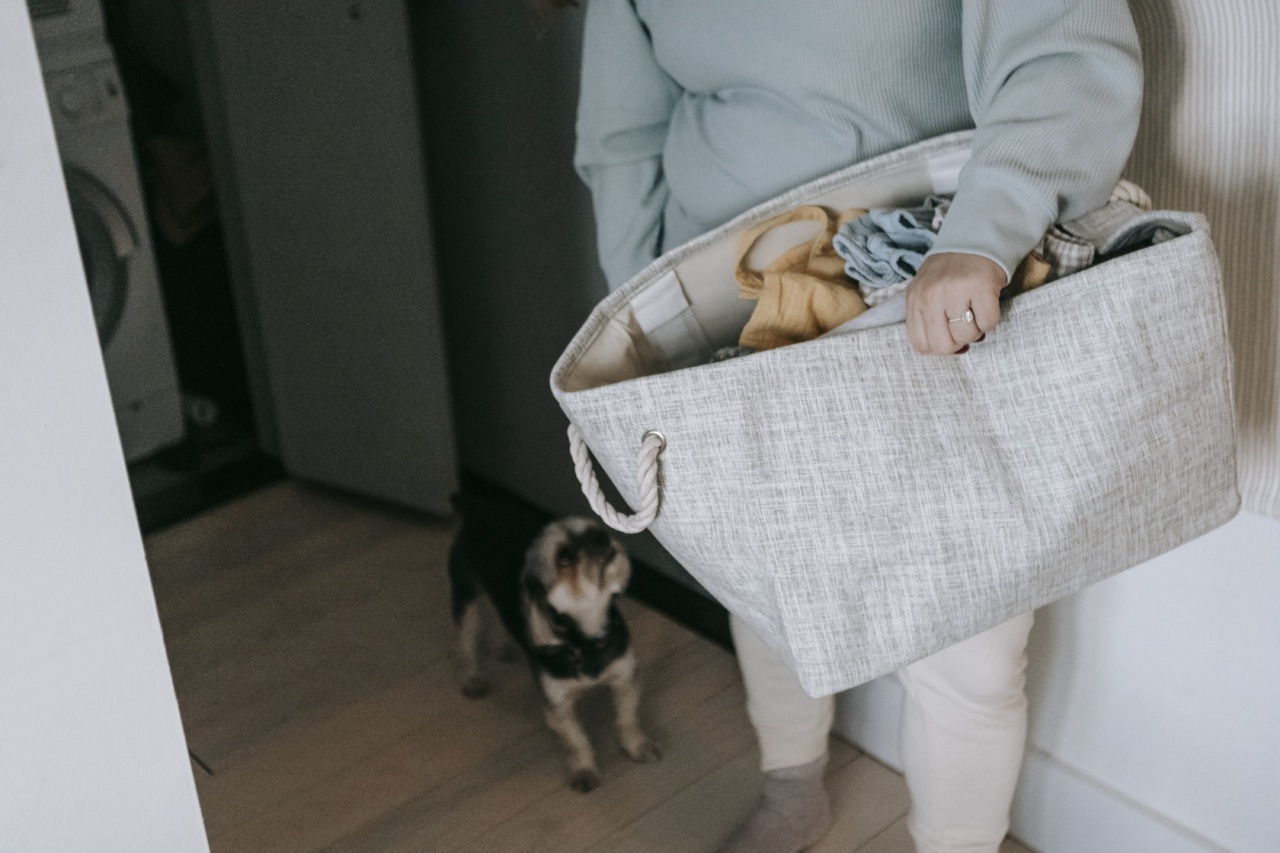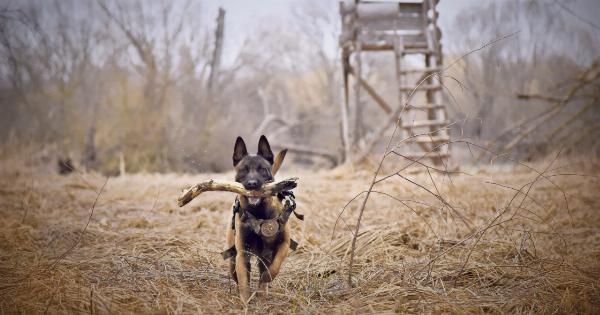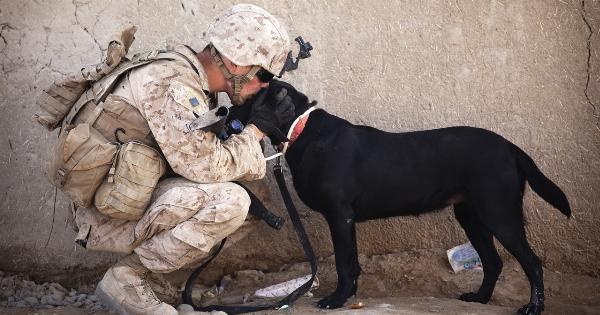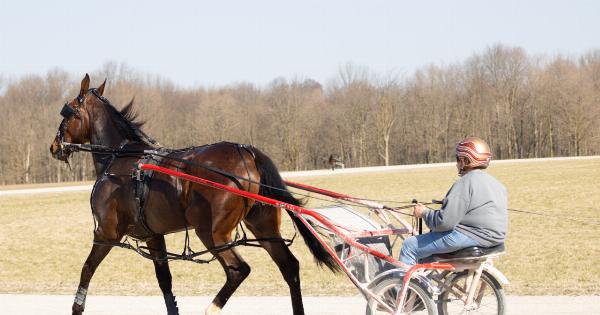Dogs are known to be creatures of habit, and they often thrive on routines. Once they get used to their daily schedules, they tend to stick to them religiously.
Our dogs are no exception, and they seem to be obsessed with their routines even to the point of being ritualistic. The reason why our dog is obsessed with her routine? Let’s find out.
1. Routines Provide a Sense of Security
Dogs are naturally creatures that love to feel secure. When they have a routine, it provides a sense of security and stability for them. They know what to expect and when to expect it.
This gives them a feeling of control over their environment, which can be quite comforting for them.
2. Routines Help Them to Adapt to Change
Oddly enough, routines can help our dogs adapt to change. When they have a regular schedule, it becomes easier for them to adjust to changes in their routine.
For example, when we had to move to a new house, our dog was able to adapt to the new environment quickly because we kept her routine the same. She still had her regular feeding and walking times, which helped her adjust to the new surroundings.
3. They Love to Anticipate
Dogs love anticipation. They enjoy knowing what’s going to happen next. When they know that it’s almost time for their walk or dinner, they get excited and start to anticipate it.
This anticipation can be thrilling for them, and it helps to keep them motivated.
4. Routines Help with Training
Training a dog can be challenging at times. However, when they have a routine, it becomes much easier. When we were training our dog, we had to establish a routine that we could stick to.
By doing so, our dog knew what to expect, which made it easier to teach her new tricks and commands. Establishing a routine also helps with potty training, as dogs learn to associate certain times with going outside.
5. Routines Encourage Good Behavior
When dogs have a routine, it encourages good behavior. For example, if we always take our dog for a walk at 6 pm, she knows that she needs to be on her best behavior before that time.
She’s less likely to misbehave because she knows that a walk is coming up, and she doesn’t want to miss out on it.
6. Consistency is Key
Consistency is crucial when it comes to routines. Dogs are creatures of habit, and they thrive on consistency. If we stray from the routine too much, our dog becomes confused and anxious.
For example, if we decide not to take her for a walk one evening, she might become restless and agitated.
7. It’s Part of Their Nature
Dogs are descendants of wolves, who are animals that thrive on routines. Wolves have a very structured hierarchy within their packs, which is maintained through routine and ritual.
Dogs have inherited this trait from wolves, which is why they tend to be creatures of habit.
8. It Helps Them to Relax
When our dog knows what to expect, it helps her to relax. She doesn’t have to worry about when her next meal or walk is coming up, which allows her to be more relaxed and calm.
This, in turn, can have a positive effect on her overall behavior and mood.
9. It Provides a Sense of Familiarity
Having a routine provides our dog with a sense of familiarity. They know what’s going to happen, and they know what’s expected of them. This can make them feel more comfortable and at ease in their surroundings.
10. It Brings Us Closer Together
Finally, having a routine with our dog can bring us closer together. When we have a regular schedule, we become more connected with our dog. We know what makes her happy, and we understand her needs and behaviors.
This makes for a stronger bond between us and our furry friend.



























